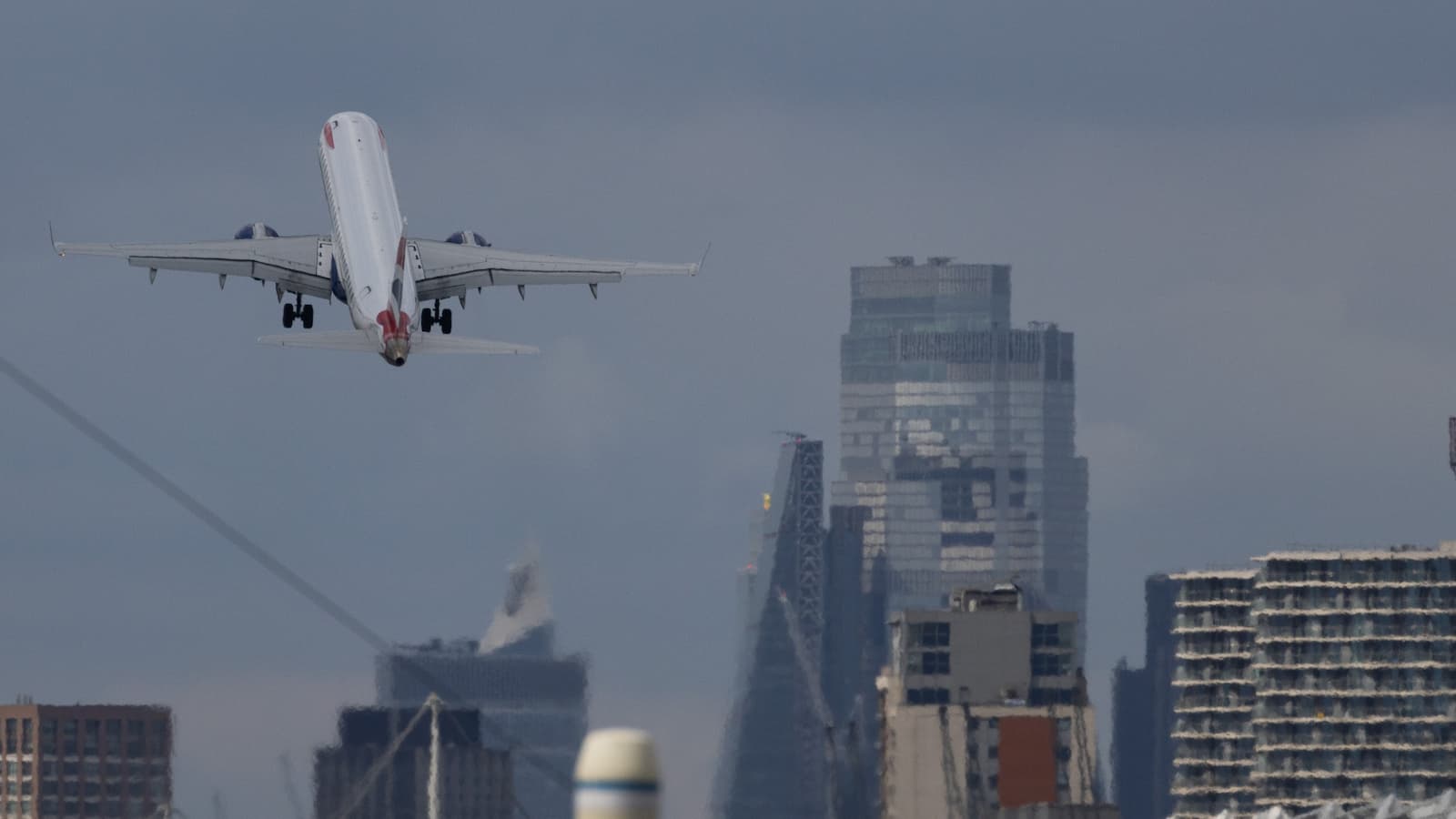Is Britain about to introduce an exit tax for emigrants? What could this mean for UK property owners and how much would you have to pay
A possible UK “exit tax” is potentially on the horizon, meaning if your home is your biggest asset, you need to know what’s being discussed now

Bring your dream home to life with expert advice, how to guides and design inspiration. Sign up for our newsletter and get two free tickets to a Homebuilding & Renovating Show near you.
You are now subscribed
Your newsletter sign-up was successful
Leaving the UK could soon become more expensive for homeowners if a proposed exit tax is introduced for those looking to emigrate from the UK.
The government and HMRC currently say there is no general exit tax in force, but recent reporting shows Treasury officials are modelling options and Ministers have not ruled out new measures.
If you are buying a house in the UK now, or already own one, the way exit rules are drafted could affect whether you pay tax on that property if you later move abroad.
What taxes are there currently on property when leaving the UK
Official HM Revenue & Customs (HMRC) guidance confirms that simply leaving the UK does not trigger deemed disposal of assets, including property or land, and that many of the usual tax reliefs remain unaffected provided other tax conditions are met.
According to the Capital Gains Manual (CG13400), there is “no legislation applying to all categories of person which deems the cessation of residence … to be an event giving rise to a deemed disposal”.
This means, for now, UK homeowners are not automatically taxed on their property when they depart.
Last year the Chancellor, Rachel Reeves, was widely reported as ruling out a formal exit tax for wealthy leavers. The Financial Times reported the Chancellor’s position with the wording “There will be no exit tax”.
Bring your dream home to life with expert advice, how to guides and design inspiration. Sign up for our newsletter and get two free tickets to a Homebuilding & Renovating Show near you.
GOV.UK guidance also clarifies that non-residents who later dispose of UK land or property may still be liable for Capital Gains Tax (CGT), so holding a UK home while abroad is not risk-free. The government’s maintained position remains that no blanket levy on departure has been introduced - yet.
The policy debate arrives just as other property-related taxes are under scrutiny. Ministers have already hinted that council tax could soon be doubled for certain homes.
What’s being considered and how it could affect homeowners

Recent commentary from trusted outlets, such as a Reuters Breakingviews piece, cites modelling by tax research body CenTax showing that the UK could raise roughly £2 billion annually via an exit-style tax on leaving individuals - about 15 % of current CGT receipts.
The proposal under review reportedly includes a 20% “settling-up charge” on gains embedded in assets upon UK departure.
Although much of the commentary refers to high-value assets broadly, property‐and‐land owners cannot assume they’re excluded.
One tax specialist, Max Jones Hawley, said: “More potential budget leaks … the introduction of an Exit Tax on unrealised gains when leaving UK tax residency… [i.e. I have a business built from scratch worth £5m, and when leaving the UK tax net, I’ll have to pay tax on the unrealised gain].”
Another adviser, Charles Turner, warned: “Reeves is eyeing up a 20% ‘exit tax’ on people leaving UK… If you’re thinking about leaving the UK… before you know it, it could be too late.”
There is also speculation around a possible ‘Mansion Tax’ that could affect more than 300,000 higher-value homes. Together, these proposals suggest that property wealth - not just income - is becoming a key focus for fiscal policy.
How much could you be charged by an exit tax
The table below shows how much you would have to pay if you decided to leave and the rumoured exit tax was introduced.
Property value at time of leaving UK | Original purchase price | Unrealised gain | Potential 20% exit tax | Notes / risk |
|---|---|---|---|---|
£400,000 | £300,000 | £100,000 | £20,000 | Would owe tax even if the home is retained and rented out while overseas |
£650,000 | £400,000 | £250,000 | £50,000 | Exit charge could apply even if the property isn’t sold |
£500,000 | £250,000 | £250,000 | £50,000 | Already liable for CGT if sold, but exit charge would accelerate payment |
£900,000 | £500,000 | £400,000 | £80,000 | Larger properties could face steep immediate costs |
£300,000 | £200,000 | £100,000 | £20,000 | Land could fall within scope depending on how the rules are written |
Homeowners should also consider broader market pressures, such as rising house prices, which may increase the potential financial impact if a new exit charge is introduced.
Urgent steps for homeowners and land-owners to take
Given the possible change, homeowners owning UK property or land - especially those who may relocate abroad or retain the asset while living overseas - should urgently consider:
- Reviewing tax residence status - Changes in residency may trigger tax consequences.
- Documenting property history - Purchase date, usage, occupancy, periods of lets, etc.; such details will be vital if deemed-exit rules are introduced.
- Monitoring GOV.UK and HMRC updates - Because modelling suggests the tax could be introduced quickly, acting early may allow more planning freedom.
- Seeking professional advice before leaving - As Julia Rosenbloom, tax partner at Shakespeare Martineau, said: “There are too many variables to make quick decisions, and anyone considering leaving the UK in response to an exit tax should tread carefully”

News Editor Joseph has previously written for Today’s Media and Chambers & Partners, focusing on news for conveyancers and industry professionals. Joseph has just started his own self build project, building his own home on his family’s farm with planning permission for a timber frame, three-bedroom house in a one-acre field. The foundation work has already begun and he hopes to have the home built in the next year. Prior to this he renovated his family's home as well as doing several DIY projects, including installing a shower, building sheds, and livestock fences and shelters for the farm’s animals. Outside of homebuilding, Joseph loves rugby and has written for Rugby World, the world’s largest rugby magazine.
